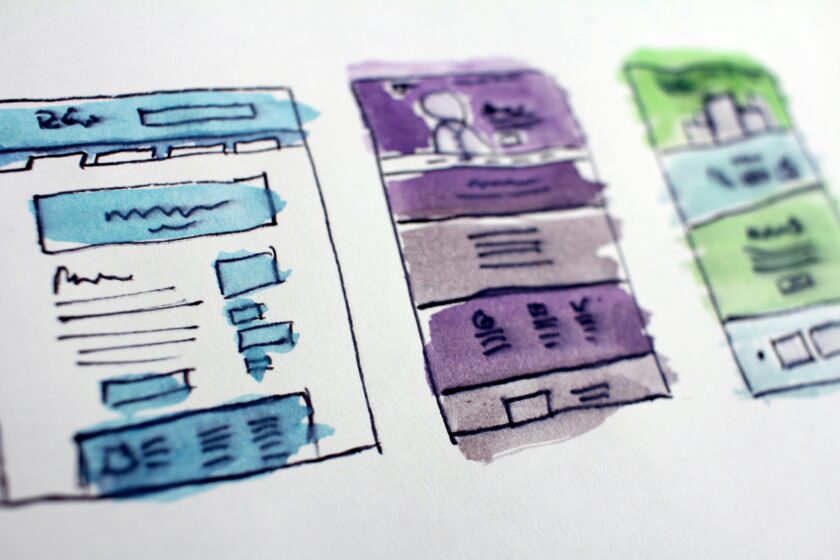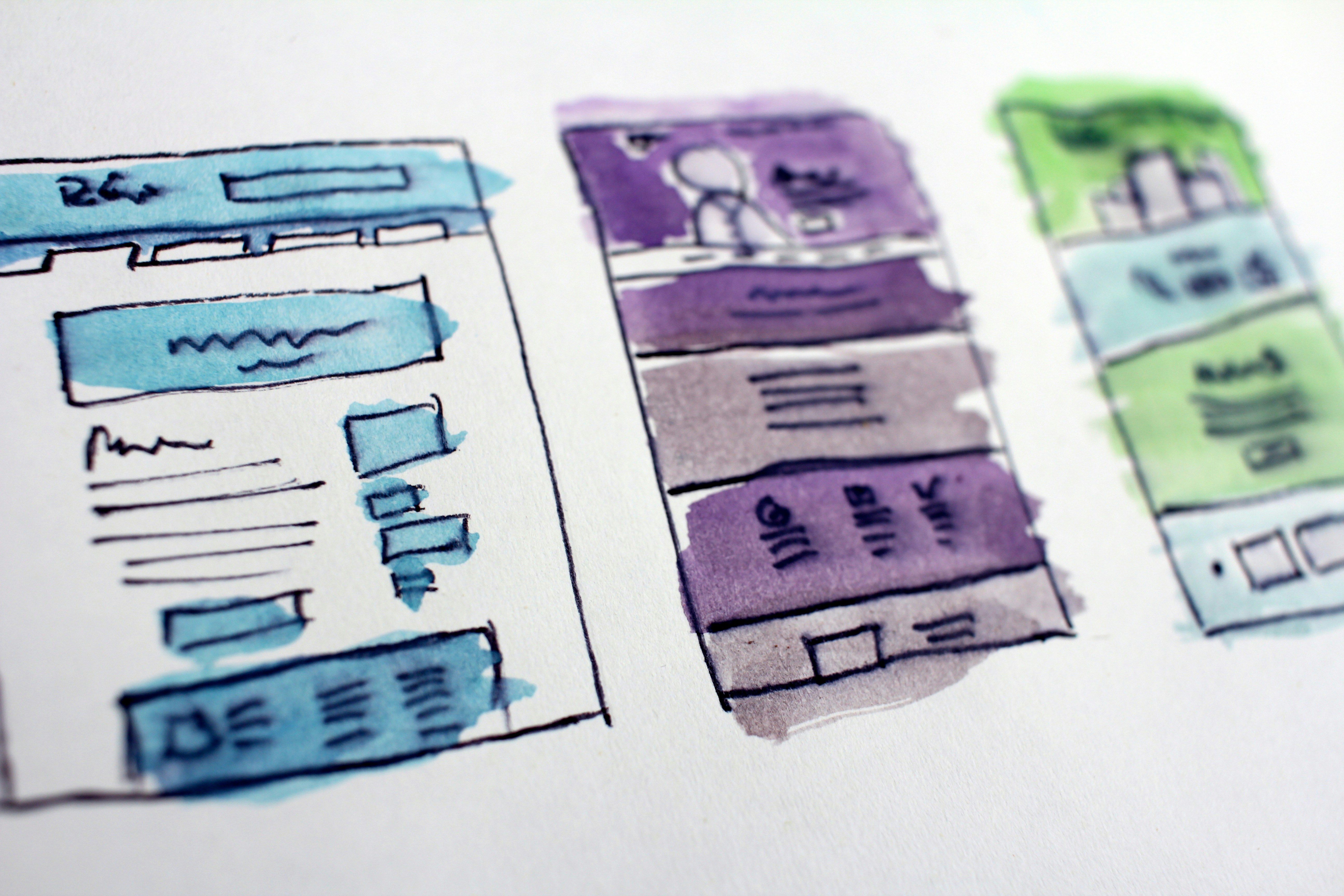Revolutionizing Customer Engagement: How Innovative Mobile App Development Services Are Transforming Business Strategies

The world is rapidly going digital, and as such, business organizations have the responsibility of catering for the ever-changing consumer needs that are driven by technology. The increase in the usage of smart devices and portable technologies has forced organizations to come up with frequent use mobile application development solutions to offer interactivity, effectiveness, and customization in brand communications. Mobile applications in today’s environment are no longer utilities, but rather essential for efficient working, competitiveness and sustainable growth.
Specifically, the modern mobile application development has gone beyond the concept of creating applications as tools with basic features to developing applications that can incorporate such technologies as AI, AR, data analysis, among others. Such changes enable companies to build engaging user experiences that can enhance customer interactions and brand bonds. This article focuses on discussing the ways that mobile app development services influence the customers’ experience and outline the opportunities to achieve sustainable success.

Simplifying Access and Improving likely Experience
The greatest strength of the mobile apps is flexibility or convenience of the operation. Today’s customers expect immediate product delivery, services, or information and these are made possible by the efficient apps that offer these solutions. With over 6. An estimation of 6 billion people uses smartphones worldwide and this number indicates the level of engagement that a business can achieve through mobile apps.
Mobile app development services help organizations to create effective user interfaces to navigate through tasks involving usability of mobile apps such as shopping, booking of services and accessing customer support among others. These apps are available on-line, always available to provide timely information without physical contact and tailored for each individual customer. Many organizations, particularly Starbucks and Uber have redefined their sectors by making the processes they used to go through with customers fast, simple, and customer-oriented through the use of mobile applications.
Tailored Personalization: Creating and Presenting Personalized Outcomes
Nowadays, personalization is not only about the trend but it is a need in the market. Mobile app development services are enabling organizations to learn on how to deliver highly unique content, suggestions and advertisements depending on the consumer. This approach makes each customer to be valued and understood hence making them more engaged and loyal.
It is, therefore, possible to gather information regarding the users of the mobile apps and then analyze the information to identify the preferences and behaviors that can be used to create real time suggestions. An Epsilon’s report indicates that 80% of consumers place a higher likelihood on purchasing when brands deliver customized experiences. Using machine learning, business intelligence is created that enables companies to anticipate the needs of a customer so that use is more enjoyable for the user.
AI and Machine Learning: Improving outcomes: Optimizing effectiveness and participation
AI technology and machine learning is taking the mobile app to a whole new level in terms of it being cleverer, faster and more efficient. Integration of AI systems in the applications can give the customers real time results, product recommendations and self-service solutions which can greatly enhance the experience of the customers.
Mobile application development services are enabling features such as, intelligent conversational tools such as chatbots, voice-based assistants, and others, with the help of integration of AI technologies. Such tools help organizations reply to customers’ questions within minutes, all the while increasing the level of personalization. Chatbots for instance can help enable consumers to engage with brands always, something that helps in improving satisfaction levels and hence increasing customers’ loyalty to a brand.
Augmented Reality: The ‘Immersive Customer Experiences’ idea makes an attempt to insert into the life and memories of a customer in a pleasant manner.
AR can be described more than just a concept that could be used in business but as an effective tool that may be used to transform the customer experiences in future. Mobile app development services today tend to incorporate augmented reality interfaces to enable users to interact with their applications. It will be privy to alter customer shopping behaviors, modes of browsing and their association with brands.
AR is being adopted in retailer and e-commerce firms to ensure that the customer gets a real-life experience of the product before making the purchase. For instance, a user can arrange their house with IKEA furniture through an app via augmented reality or a customer may virtually apply makeup using Sephora’s app. A Gartner study pointed out that only for the year 2025, AR will have been used by 100 million consumers and this means that the technology is already shaping consumer experience.
Data-Driven Insights: customer behavior: the key for unlocking
Analytics is one of the important pillars for mobile applications as it provides companies with vital information across consumers’ behaviors, tendencies and requirements. Complex services offered by the modern mobile app developers comprise data analytics tools enabling the business to gather, analyze, and address the data in real-time.
Since users’ in-app behavior includes features usage, time spent within the app, conversion patterns, businesses can optimize their apps. For instance, Netflix employs data analytics as a feature in its mobile app; the service proposes to watch programs and movies based on the user’s preferences enforcing the idea of creative and entertaining experience. According to a Deloitte report, it is noted that 62 percent of the consumers expect organizations to leverage data for personalisation.
Building Trust with Data Security: An aspect that often poses a challenge to the success of organizations, particularly those in the business of offering online services, is the protection of the customer’s privacy.
With mobile apps now being used as a primary means of engaging with customers, it is limiting the threat and vulnerability of users’ data. This is especially vital for business applications since with the continuous and increasing threat of cybercrimes, customer data is at risk, thus, mobile app development services must be able to assure customers that their data is safe to achieve customer loyalty.
Security mechanisms are incorporated in this generation of modern app-development services by means of advanced encryption, secure API, and multiple-factor authentication of users’ data. Features like biometric authentication such as fingerprint scanning or face identification are also used in mobile banking apps to protect the users financial data. Labour says that when companies put a lot of effort in ensuring security of their products then customers can trust the brands.
Gamification: GEAR: Increasing Participation and Persistence
Another powerful strategy that businesses are using to enhance the engagement level through the applications is gamification. Using aspects like rewards, points, and challenges the corporations will be able to enhance user experiences with fun and stimulate the repeat usage of the products resulting in higher customer retention rates.
Mobile application development services have moved to designing gamification solutions from a specific brand strategy. Nike Run Club and Strava for example incorporate use of gamification where the users’ status is monitored and accomplishment is acknowledged or competitions provided. As the global market research of P&S Intelligence indicates, the global gamification market is forecasted to climb to $76. It is forecasted to reach 3 billion by 2030 as a result of the social platform’s potential to improve customers’ loyalty.
To find out how you can stay ahead using some fantastic Progressive Web Apps, let’s dive right in and take a look at what they have in store in the next section.
Therefore, in response to the changes in the level of their requirements, companies are forced to adapt to new technologies. As seen today, PWAs are really good as a preparation for the future, being a web application with elements of a native application.
PWAs provide consumers an experience almost like a ‘native’ application but with no necessity for download from app stores. They are much lighter, developed at a much faster pace and can be used across all devices now. Mobile app development services continue to introduce PWA solutions allowing businesses to choose a more adaptable and less resource-consuming way to enhance users’ loyalty.
Looking Forward: This is what the Future will bring to Mobile App Development
Mobile app development remains in store for even more exciting changes that will define customer experience in the future. Whenever companies implement AI, AR, PWAs, innovative ideas, and gamification, they will realize some ways to establish sustainable customer relations.
As we look forward to the future scenario come 2024 and beyond, organizations that would devote resources to mobility through apps create an environment that is future-proofed and also strengthens the bond between companies and customers in the marketplace. Through adoption of these technologies, organizations are able to embrace long term success given the increased and stiff competition in these digital worlds.
Spotted something? Got a story? Email: [email protected]
Latest News
